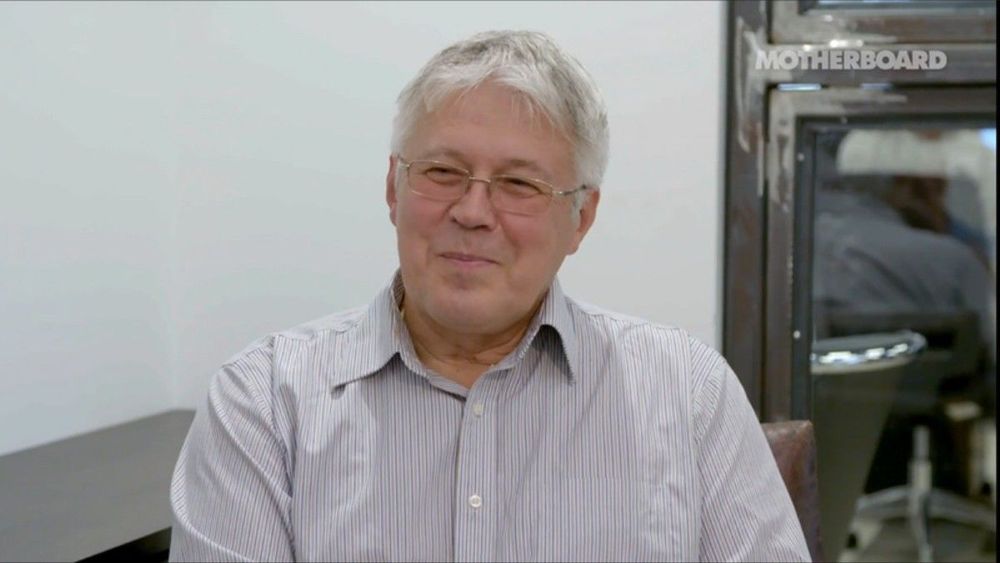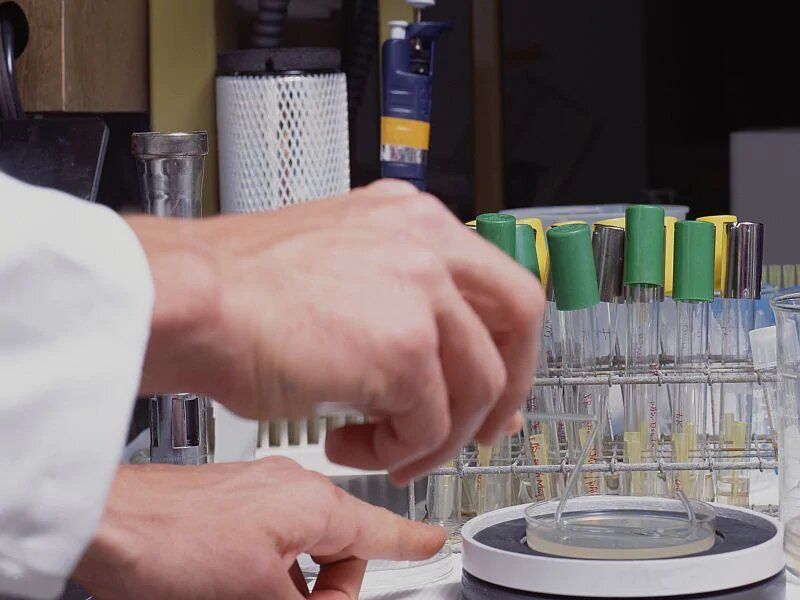Maps of the long filaments of gas that hold the universe together might one day help trace and unveil dark matter.
Get the latest international news and world events from around the world.

How to Solve Any Math Problem With an App
iOS/Android/Desktop: Default calculator apps suck. They work like a traditional handheld calculator, which only displays one value at a time and can only do basic math. If you want to do anything more than calculate a tip, you’re better off with these free and cheap calculator apps.
These apps help you do typical “real life math” or solve basic textbook math problems.

Circus in Germany Uses Holograms Instead of Animals to Stop Mistreatment
In the past, a trip to the circus was nothing without seeing some exotic animals doing impressive tricks. But as we become more aware of human impact on the world, and more inclined to be careful about how we interact with other species on earth, the simple pleasure no longer seems so pure. In fact, using other animals for our enjoyment seems deeply unethical, and, for many, precludes any circus-related enjoyment.
But one innovative circus has come up with a solution to this problem. Wanting to enchant visitors with traditional shows of the past without having to make shady ethical calls, they’ve gone for a different approach. Instead of performing these tricks with living beings, they’ve used technical advancements to achieve beautiful effects — and the internet is loving it.

Hemp Batteries Are Even More Powerful Than Lithium and Graphene, New Study Shows
Hemp is a wonder crop. It’s an incredibly versatile plant that can be used for a huge range of purposes.
Every Student Dreams About These Gadgets
For copyright matters please contact us at: [email protected]
BRAIN TIME ► https://goo.gl/tTWgH2
Alphaville — Forever Young lyrics
Live forever!
From Alphavilles debut album Forever Young (1984)
Brilliant piano cover by Kyle Landry, without a doubt one of the best musicians on Youtube: https://www.youtube.com/watch?v=4ZO0n4zgfPw — You should subscribe to him, he’s awesome smile
100.000 views: 24. May 2009.
500.000 views: 10. February 2010.
1.000.000 views: 23. April 2010.
2.000.000 views: 07. July 2010.
5,000,000 views: 16. February 2011.


Germ transplant helps women with tough-to-treat vaginal infections
Bacterial vaginosis is a common infection in women that’s usually easily treated with antibiotics. But for those who develop recurrent infections, treatment options have been limited.
Now, Israeli researchers report they were able to put recurrent infections into remission in four out of five women who received a “vaginal microbiome transplant.” The transplant consisted of healthy bacteria collected from the vaginal fluid of donors without the condition, the researchers explained.
“Bacterial vaginosis, while not life-risking, is an exceedingly common female disorder that bears a severe toll on women’s lives, including severe discomfort, reduced self-esteem, problems in intimate relationships, social segregation and a variety of risks of developing infectious gynecological and obstetric complications,” said the study’s senior author, Dr. Eran Elinav.